The Budget: What do we need to fix a broken countryside, and what will we get?
With the Autumn Budget looming, countryside and heritage organisations reveal what they are hoping to hear to fix the turmoil — and what they are dreading

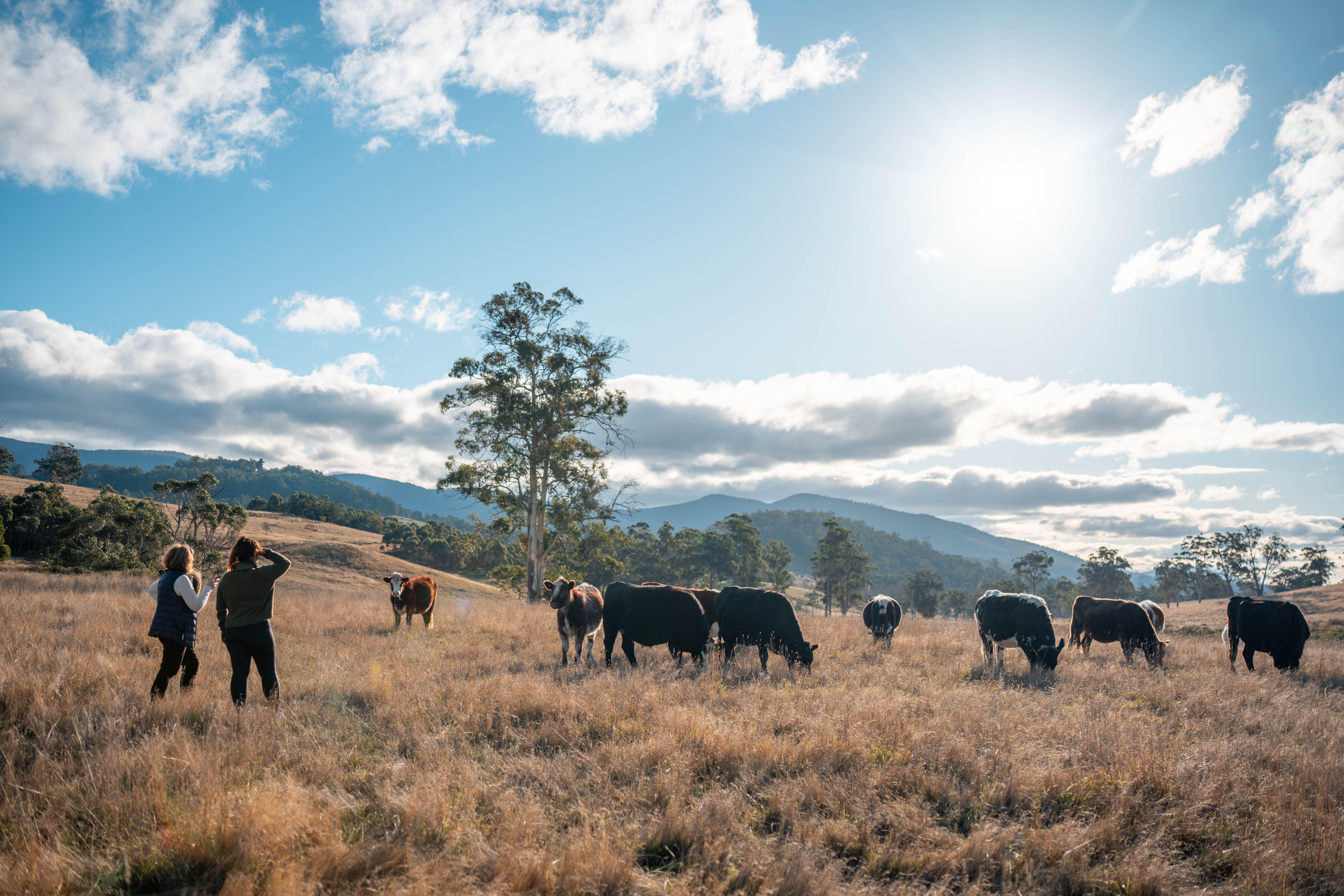
Exquisite houses, the beauty of Nature, and how to get the most from your life, straight to your inbox.
You are now subscribed
Your newsletter sign-up was successful
Helen Browning, CEO of the Soil Association
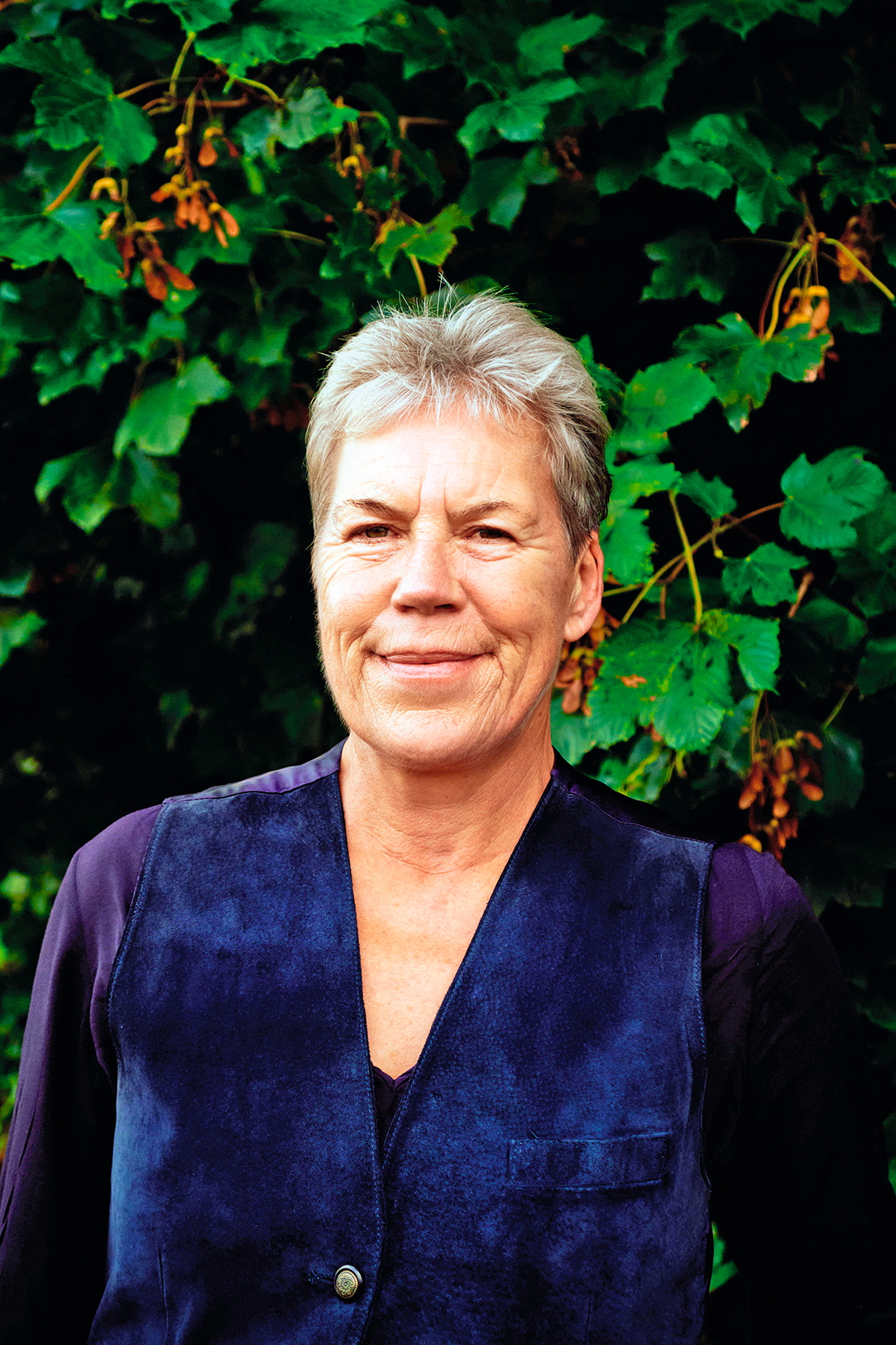
As we head into the Budget, I recognise the Government’s challenge in balancing the books, but few investments deliver better long-term returns than food, farming and the health of our children. The British public cares deeply about the countryside, wildlife, farmers, the food on our plates. The choices made now will shape all four for a generation.
On food, we need smart fiscal measures that back healthier diets. I urge the Chancellor to explore where fiscal levers can shift consumption from ultra-processed products towards whole and minimally processed foods. Crucially, ring-fenced revenues from the Soft Drinks Industry Levy, and any future levies, should be allocated directly into children’s health: free school meals, Healthy Start and community food programmes that put sustainably produced fruit, veg and pulses within every family’s reach. This, done well, can also support British farms and farmers.
'My hope is for a Budget that treats food and farming as strategic national assets — and invests accordingly'
On farming, give producers the confidence to invest. Reinstate support for organic conversion so more farms can adopt approaches that build resilience through restoring soils and nature, but still produce plentiful food. Ensure the Sustainable Farming Incentive is sufficiently funded to help farmers transition to agroecology and back home-grown fruit, veg and pulses, all sectors that boost healthy diets, cut imports and create rural jobs.
In Wales and Scotland, funding the farming transition cannot be pinned to the Barnett formula, which follows population rather than farming need. Allocate support based on agricultural realities and commit to a multi-annual settlement to support a transition to Nature-friendly farming.
Rumours swirl before every Budget. My fear is not one specific measure, but drift: short-term savings that cost us far more in ill health, environmental decline and lost farm businesses. My hope is for a Budget that treats food and farming as strategic national assets — and invests accordingly.
Gavin Lane, president of the Country Land and Business Association (CLA)

'It is possible to reset our relationship with government for the future we all want for our countryside'
We know that our members represent the backbone of rural Britain and, as part of the 5.2 million family businesses in the UK, we are vital to the economic prosperity of the whole country. After the disastrous Budget just over a year ago, where the changes to inheritance tax were coupled with an increase in employers’ National Insurance contributions, we have now seen the economic consequences play out in sluggish growth and a backtrack on investment. In a recent survey of 500 CLA members, nearly 80% of respondents said that they were worried their business wouldn’t survive 10 years and 60% had considered selling up. For those farming, the tax changes have been compounded by another drought and changes to agricultural policy.
Rural investment is being paused or delayed and wider supply chains are suffering. It makes for an approaching grim winter across the whole rural business sector. My belief is that if things don’t change, as the Prime Minister so rightly pointed out before the election, we will lose those small family farms and rural businesses that simply won’t be replaced.
Exquisite houses, the beauty of Nature, and how to get the most from your life, straight to your inbox.
The CLA has proposed numerous measures to boost rural economic growth at this Budget, including simplifying the tax system, incentivising rural affordable housing, improving energy efficiency and promoting greater competitiveness in our tourism industry. We don’t need or want to be 16% less productive than our urban counterparts. We have the ambition and aspiration to drive an economic renaissance in our countryside, increasing employment and housing opportunities to prevent the ever increasing march of young talent to the cities. What we need is a political will and a willingness to work together to help foster growth and investment.
It is possible to reset our relationship with government for the future we all want for our countryside. The Budget offers a golden opportunity for that reset between the Government and every one of the voters it is there to serve.
Alan Hughes, vice-chairman of Farmers to Action
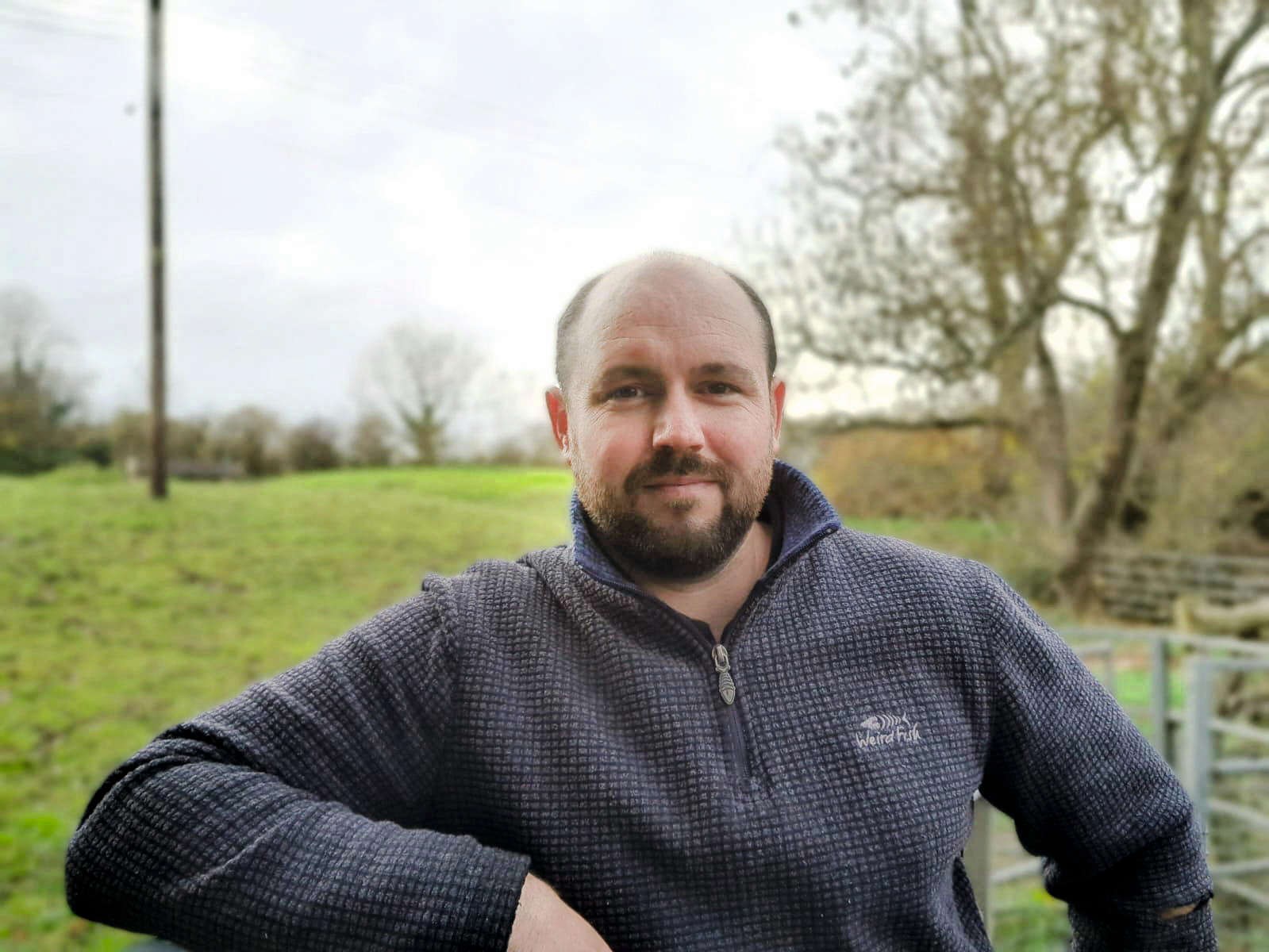
'This Government seems more interested in chasing net-zero headlines than making Britain succeed'
I am a fourth-generation farmer from the Shropshire borders — and I fear I could be the last to work our land. We are tenant farmers and yet we now face paying inheritance tax. If the proposed tax goes ahead in this Budget, as outlined in the CenTax policy report, The Impact of Changes to Inheritance Tax on Farm Estates, it will be a disaster for British farming, the wider economy and our national food security. We will be penalised for diversifying to survive — exactly what Defra and successive governments told us to do.
British farming is already on the rack. Subsidies have been cut without credible replacements. Farm-gate prices often don’t cover basic costs. The arable sector is struggling; livestock is under relentless pressure. Meanwhile, the public pays more at the till as global food inflation bites and the value chain funnels profit to the largest players. We’re told Britain can rely on ‘cheap imports’. That is a dangerous myth. Every nation is battling rising costs and shrinking margins. Cheap food looks cheap only because the real costs are hidden — lower standards, fragile, long supply chains, environmental damage elsewhere and lost British jobs at home.
This Government seems more interested in chasing net-zero headlines than making Britain succeed. We now face some of the toughest cost pressures on energy and inputs, driven in part by policy choices layered on top of global shocks. And here’s the uncomfortable truth: the UK contributes less than 1% of annual global greenhouse-gas emissions. Even the most extreme unilateral measures here will barely move the global dial, but they can absolutely break British farming and hollow out our rural economy.
For many family farms, the strain — financial and emotional — is becoming unbearable. If we want food grown to British standards, by British families, on British soil, we need urgent, fair, practical support, and a Budget that backs our producers, not burdens them. Without that, we risk losing our farmers — and with them, control of our food and our future.
Tom Bradshaw, president of the National Farmers Union (NFU)

'Confidence among farmers is at an all-time low'
Our cherished countryside is ablaze with red, golden and ochre leaves that mark the change from one season to the next. Yet whereas the landscape is alive with colour, the farms at the heart of our rural communities are facing a far less comforting change. This is not part of Nature’s cycle of renewal, but a more troubling shift.
Confidence among farmers is at an all-time low as they grapple with mounting challenges, including the family-farm tax, extreme weather and uncertainty surrounding environmental schemes. These are the very same farms that tend to our dry stone walls, supply the steak for the village pub, grow sprouts and produce turkeys for our Christmas tables, create wildlife habitats and clear snow from country lanes. Their work sustains not only our food and our landscapes, but the fabric of rural life itself.
Now, investment is drying up as fast as the grass did this summer. And that matters, because thriving rural communities depend on thriving farm businesses. They are the engine of local investment, the source of rural jobs and the reason our villages remain vibrant long after the holidaymakers have gone home.
To restore confidence, the Government must prioritise domestic food security as it has done with defence and energy security. The forthcoming Budget offers a chance to reset the relationship with rural Britain to show that domestic food security truly matters.
The most effective way to do this is to create an environment ripe for growth and investment, reform the capital tax allowance system and remove the unfair family-farm tax. Only then can farmers and growers continue to invest in the land they love, ensuring that the countryside remains a place that produces exceptional food, nurtures the natural world and sustains the communities that make rural Britain so special.
Nick von Westenholz, CEO of the Game & Wildlife Conservation Trust (GWCT)

When the Chancellor delivers her Budget on November 26, land managers will be watching intently. The UK Government has statutory targets for restoring nature, including halting the decline of species abundance by 2030 (30by30) and restoring or creating 500,000 hectares of wildlife-rich habitats by 2042. This simply won’t be possible without the dedication, expertise and application of Britain’s farmers, gamekeepers and landowners. But if they’re to help the Government’s ambitions for environmental delivery, confidence is everything — and rural confidence took a major hit in the last Budget.
Inheritance-tax changes have already shaken the sector and, although the Government has secured £2.7 billion annually for Environmental Land Management schemes from 2026–29, in real terms this means less money than before in support payments and the sudden ‘pausing’ of the Sustainable Farming Incentive earlier in the year shook confidence badly. There are real concerns about how rural businesses can remain viable at the same time as undertaking conservation measures on their land.
There are positive options open to the Government, too, based on the principle of enabling landowners to reduce reliance on public money for environmental delivery. The Chancellor should look at how tax incentives can be used to encourage nature restoration, especially where there is collaboration, and private markets through commitment to policies such as Biodiversity Net Gain. For example, the inclusion of conditional exemptions to capital taxation of land that meets environmental standards deemed to contribute to 30by30 would provide a strong driver for land managers to invest in Nature without the need for direct tax-payer funding.
Nearly three-quarters of land in the UK is farmland, and gamekeepers alone manage 1.6 million hectares. These people know their land intimately, understand what works and are committed to its long-term sustainability. Yet a recent survey showed that more than half are considering giving up farming. Lose the people from the land and you lose the people who conserve nature across the landscape. The Government, starting with this month’s Budget, needs to recognise this fundamental truth: land managers are conservation’s frontline. Squeeze their margins too hard and put too many obstacles in their way and it will be Britain’s countryside — and wildlife — that will suffer.
Tim Bonner, CEO of the Countryside Alliance
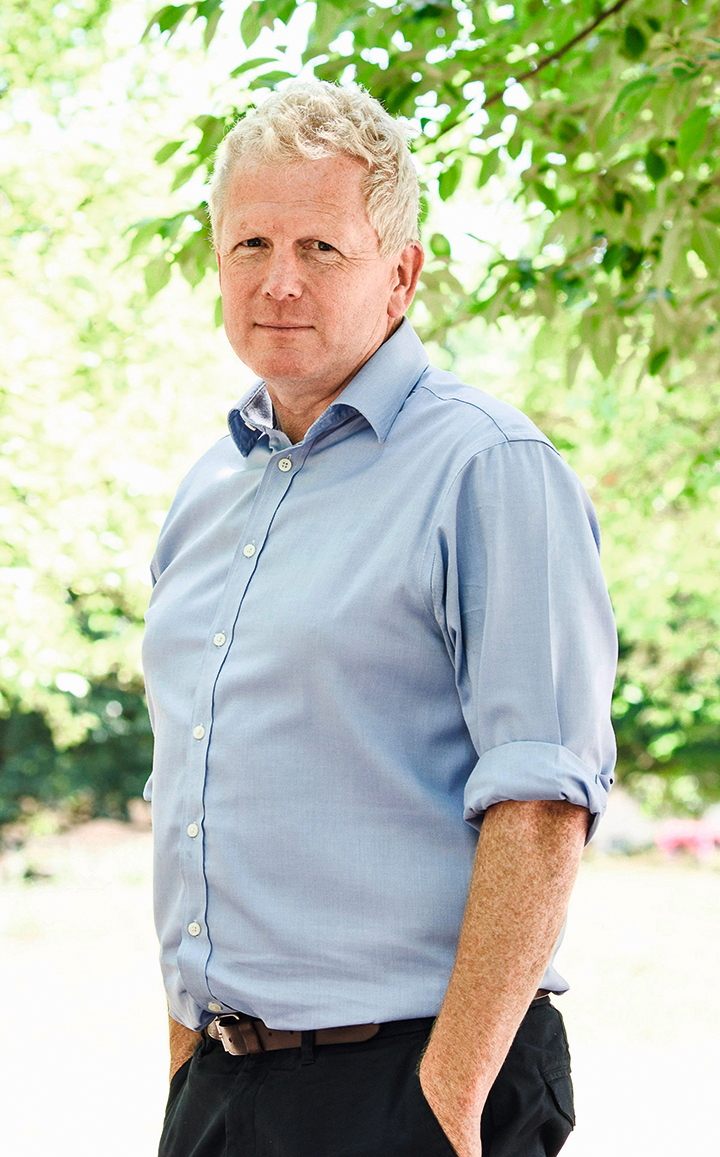
‘The cautious optimism in July last year has been snuffed out’
The countryside approached the new Government with cautious optimism in July last year, but that was snuffed out by the Chancellor’s decision to go back on Labour’s commitment not to change relief on inheritance tax on agricultural property. That decision urgently needs to be rethought and replaced with a policy that achieves the Government’s aim of preventing agricultural property from being used as a tax shield, but without compromising the inter-generational sustainability of family farms.
The row over the family-farm tax must not, however, define the entire relationship between the Government and the countryside. Labour has well over 100 MPs with at least a rural element in their constituency and they, like rural people, will be looking for positives from Rachel Reeves’s second Budget.
We have written to the Chancellor and laid out 10 asks for rural communities. For rural businesses they include maintaining permanently lower business rates multipliers for high-street retail, hospitality and leisure properties; protecting rural pubs by extending the alcohol duty rate cut to non-draught alcoholic drinks; not raising betting duty on horse-racing in line with that on online gambling; and not compromising farmers’ access to reduced-duty red diesel.
Meanwhile, people in the countryside face a cost-of-living crisis just like the rest of the country. We have, therefore, asked that the Government reduces the VAT rate on domestic heating oil to zero in view of the reliance on fuel in rural areas. Rural people also disproportionally rely on cars to access services. Recognising that, we have asked the Treasury to maintain fuel duty at current rates and reject a vehicle purchase tax levied at a higher rate for heavier vehicles, as such a policy would discriminate against rural dwellers — and also assure rural communities that their reliance on private transport will be reflected in any future proposals for a pay-per-mile road tax.
Ben Cowell, director general of Historic Houses
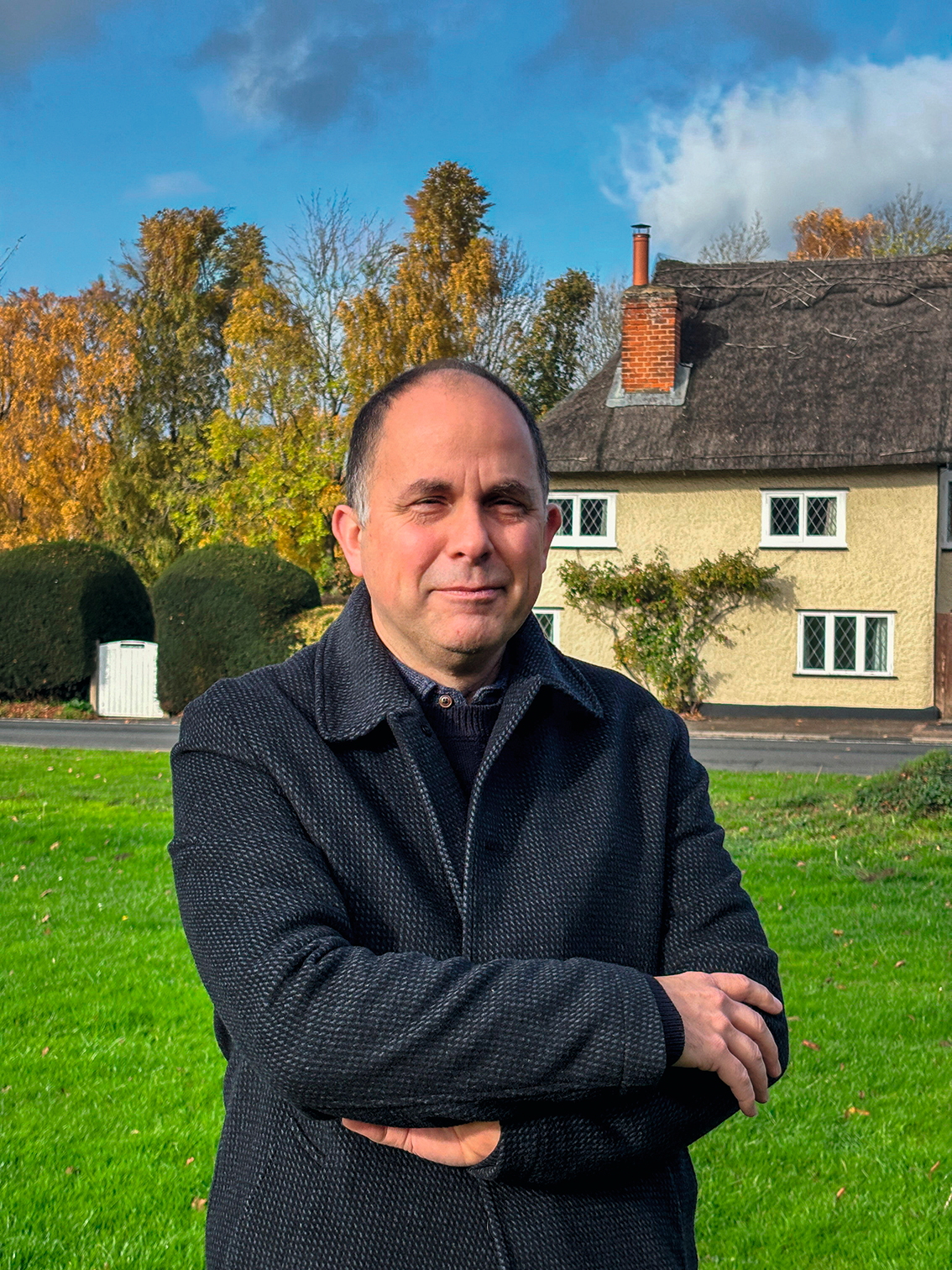
‘The Chancellor needs to keep heritage in mind in her considerations’
When decisions are made at Budget time, thought isn’t always given to the repercussions for the nation’s heritage — the buildings, landscapes and collections that we all cherish so highly and which do so much to attract overseas tourists to the UK.
The increases in employers’ National Insurance and minimum wage payments in last year’s Budget hit tourism and hospitality especially hard. The National Trust alone has seen a £10 million increase in its salary bill — one of the reasons why it has now shed more than 500 jobs. The effect on smaller businesses and charities was no less severe.
The changes to inheritance tax announced in October 2024 led many private owners of historic houses to rethink their plans, especially where that heritage was being used for business purposes. The curtailing of business property relief means that the successors to these properties could now be compelled to sell artworks, land, even the building itself, to settle an inheritance-tax bill. Such enforced estate break-ups will invariably mean heritage losses, as well as less vibrant rural economies.
I believe the tax system should instead incentivise the care of heritage, as it currently does through the cultural gifts scheme. Conditional exemption is the tax treatment that protects valuable heritage from excessive capital tax demands in return for guarantees of access and good maintenance. It delivers significant public benefits, as well as effectively breaking even for the Treasury through the economic stimulus it provides.
Similarly, evidence suggests that the Treasury would make a net gain if non-religious heritage open to public access benefited from rebates on the VAT spent on its repair and maintenance, as is currently the case with places of worship. The Chancellor needs to keep heritage in mind in her considerations: it’s a huge part of what makes our economy tick.
Julie Harding is Country Life’s news and property editor. She is a former editor of Your Horse, Country Smallholding and Eventing, a sister title to Horse & Hound, which she ran for 11 years. Julie has a master’s degree in English and she grew up on a working Somerset dairy farm and in a Grade II*-listed farmhouse, both of which imbued her with a love of farming, the countryside and historic buildings. She returned to her Somerset roots 18 years ago after a stint in the ‘big smoke’ (ie, the south east) and she now keeps a raft of animals, which her long-suffering (and heroic) husband, Andrew, and four children, help to look after to varying degrees.
